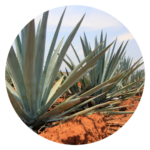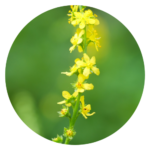Agave | Agave spp.
Agave sap calms skin and mucous membranes, offers anti-inflammatory and demulcent benefits, and aids digestion. Its syrup is a low-glycemic sweetener. Use topically or sparingly, as raw sap can irritate the gut and interact with medications.
Featured Options
Highlighted products for those interested in Agave.
Shop on Amazon As an Amazon Associate, we may earn from qualifying purchases.




